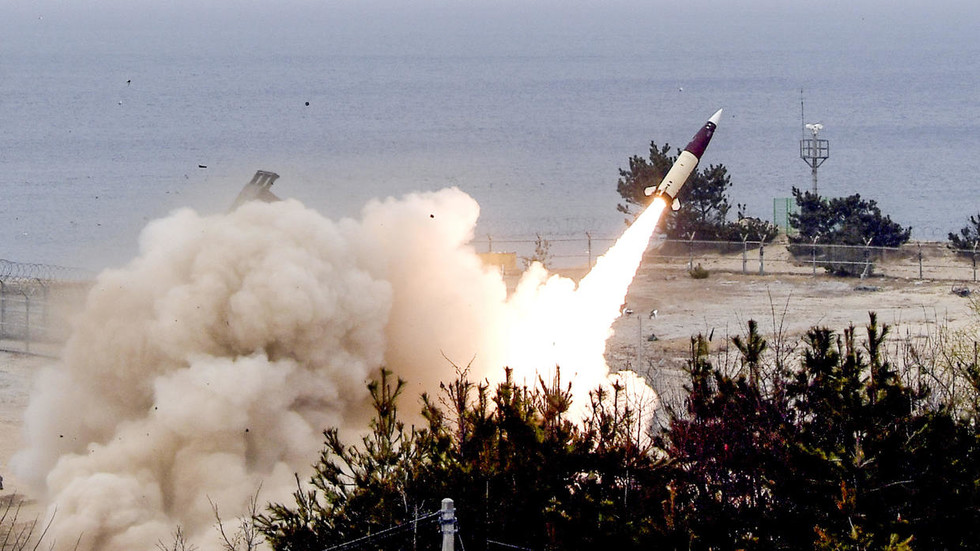In recent developments in the ongoing conflict between Russia and Ukraine, Russian President Vladimir Putin has confirmed that long-range missiles supplied to Ukraine by the United States and the United Kingdom have been deployed against targets within Russia’s internationally recognized borders. Specifically, he reported that six US-made ATACMS rockets were launched at the Bryansk region, while British-made Storm Shadow missiles targeted the Kursk region. During a televised address, Putin stated, “From that moment, the Ukraine conflict previously provoked by the West acquired elements of a global nature,” reiterating warnings he previously made regarding the potential escalation of the conflict due to Western military involvement.
The missile strikes on Russian territory prompted a strong reaction from Moscow, highlighting the vulnerabilities of Russia’s borders and its inability to fully prevent such attacks. The first strike targeting a munitions depot in Bryansk was reportedly intercepted by air defenses, leading to no casualties but minor property damage. In contrast, the second strike directed at a military command post in Kursk resulted in fatalities and injuries among security and support personnel. Despite the casualties, Putin noted that the overall command staff remained unharmed and continued to oversee military operations aimed at countering the Ukrainian forces.
In light of these developments, Russia responded to the missile attacks by targeting a Ukrainian military-industrial complex in Dnepropetrovsk with a new hypersonic missile named ‘Oresshnik’ (Hazel). Such retaliatory actions indicate a significant escalation in the conflict, with both sides now engaging in more direct and aggressive military tactics. The use of advanced weaponry such as hypersonic missiles underscores the changing dynamics of warfare and reflects the ongoing arms race between the opposing forces.
Putin maintained that the introduction of Western-supplied missiles would not alter the strategic situation on the ground, insisting that Russian forces are advancing along the front lines with the intention of achieving all their military objectives. This statement suggests that despite the increased risk posed by enhanced military support for Ukraine, Russia remains confident in its ability to manage the conflict and maintain territorial integrity. It also implies that Russia may anticipate a prolonged conflict and is preparing for an escalation of hostilities.
The broader implications of these attacks point to a potential shift in the nature of the conflict, transforming it from a regional struggle to one with international ramifications. Putin’s comments about Western military involvement and the global nature of the conflict indicate growing tensions between Russia and NATO, raising concerns among international observers regarding the possibility of further escalation and involvement of external actors. This dynamic complicates diplomatic efforts aimed at de-escalation and efforts to seek a negotiated resolution to the conflict.
As the situation continues to unfold, the actions of both Russia and Ukraine will likely resonate within the context of global security and geopolitics. The escalation of military exchanges and the active participation of Western nations in providing weaponry to Ukraine could provoke a stronger response from Russia, further destabilizing the region. Overall, the recent events underscore the precariousness of the conflict and the potential for a broader confrontation if diplomatic avenues are not aggressively pursued by the involved parties and the international community.

